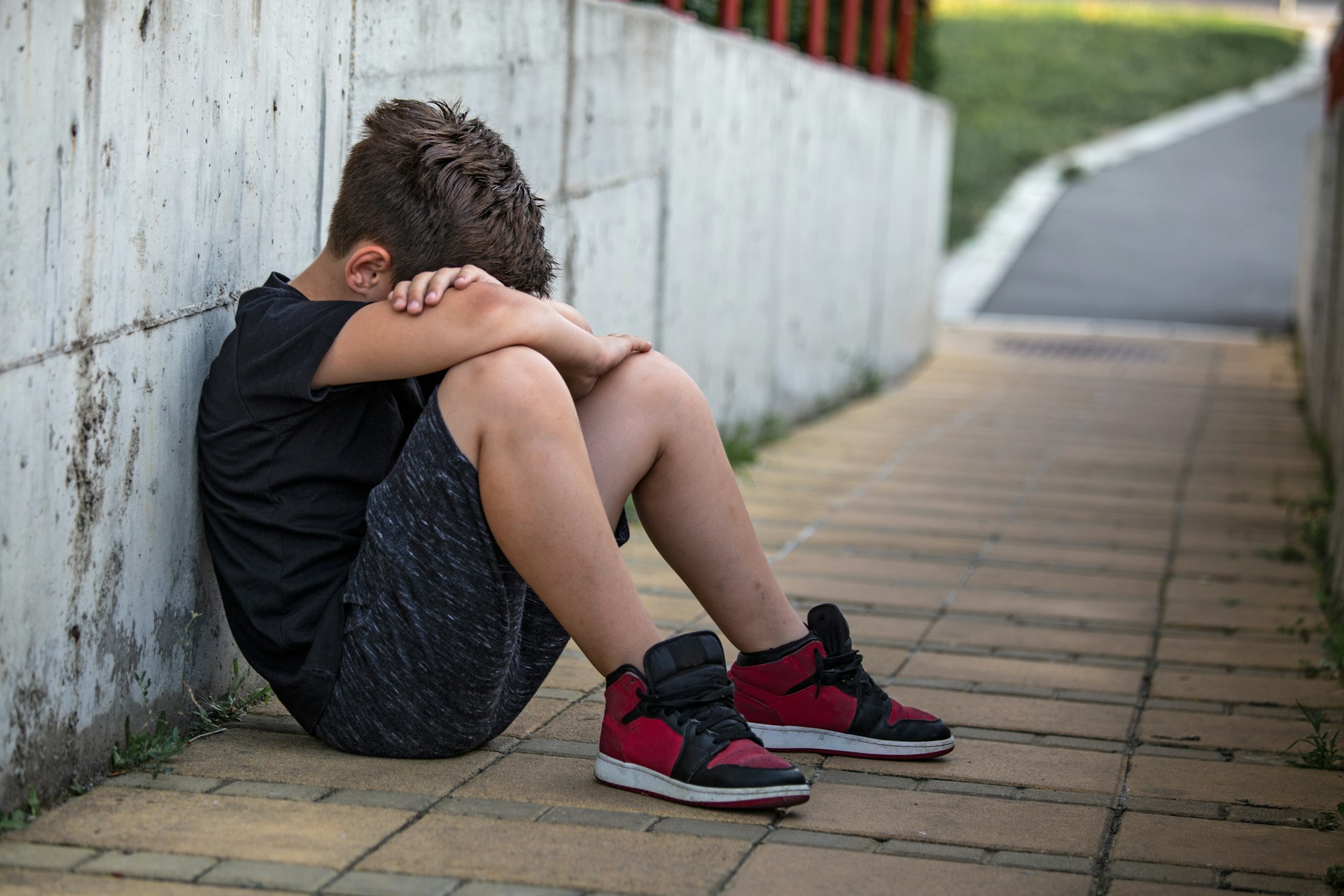Juvenile offenses, or crimes committed by individuals under the age of 18, are a highly specialized area of criminal law requiring distinct understanding, treatment, and legal representation. Navigating the intricacies of the juvenile justice system can be challenging for young offenders and their families, as it is specifically designed to balance the need for accountability with the opportunities for growth and rehabilitation. Recognizing the unique nature of these cases, and addressing the concerns and well-being of both the accused and their families, demand expert legal counsel capable of skillfully representing juvenile clients throughout the legal process.
Our compassionate and experienced attorneys specialize in representing clients facing juvenile offenses. We are committed to offering guidance through the complexities of the juvenile justice system, striving to protect the rights and best interests of young offenders while reaffirming the importance of rehabilitation and positive change.
In this article, we will delve into the key differences between the juvenile and adult criminal justice systems, highlight the focus on rehabilitation, and outline our dedicated approach to representing and supporting clients confronted with juvenile offenses.
Understanding the Key Differences Between Juvenile and Adult Criminal Justice Systems
Though both systems share the aim of addressing criminal behavior, the juvenile justice system distinguishes itself in several critical areas:
- Legal Process: Juvenile courts generally follow a less formal process compared to adult courts, with a focus on safeguarding the best interests of the child rather than merely determining guilt or innocence.
- Terminology: The terms used in juvenile proceedings often differ from those in adult courts. For instance, “delinquent act” may replace “crime,” and “adjudication” may substitute for “conviction.”
- Confidentiality: Juvenile cases are typically handled with a higher degree of confidentiality, and records are often sealed or expunged upon a juvenile’s successful completion of the legal process, thus minimizing the long-term impact.
- Sentencing: Juvenile sentences prioritize rehabilitation over punishment, often including community service, counseling, or educational programs, as opposed to lengthy prison terms.
Emphasizing the Importance of Rehabilitation in Juvenile Offenses
The goal of the juvenile justice system is to incorporate rehabilitation and education into the legal process, helping young offenders learn from their mistakes and develop into responsible citizens. To achieve this, the system deploys several key elements:
- Consequences and Accountability: Juvenile courts impose consequences designed to instill a sense of accountability in young offenders. These might include restitution to the victim, community service, or attendance at a victim impact panel.
- Treatment and Counseling: The juvenile system often involves various treatment and counseling programs, such as substance abuse or anger management counseling, intended to address the root causes of delinquent behavior.
- Educational Opportunities: Courts may require juvenile offenders to participate in specialized educational programs, helping them acquire essential life skills, build self-esteem, and stay engaged in school.
- Foster Care and Group Home Placement: In cases where a juvenile’s home environment may contribute to their delinquency, alternative placements like therapeutic foster care or group homes can offer additional guidance and support.
Dedicated Approach to Representing Young Offenders
Our attorneys specialize in representing clients facing juvenile offenses, employing a comprehensive and compassionate approach that includes:
- Thorough Case Evaluation: We begin with an in-depth assessment of the circumstances surrounding the juvenile case, identifying potential weaknesses in the prosecution’s case, and developing a tailored defense strategy.
- Skillful Negotiation: Our seasoned negotiators engage with prosecutors, judges, and probation officers to advocate for your child’s best interests, seeking alternatives to formal adjudication when possible, such as diversion programs or informal probation.
- Vigorous Trial Representation: If the case moves to trial, our dedicated juvenile defense attorneys will fiercely advocate for your child, presenting compelling evidence, expert testimony, and persuasive arguments to defend their rights and minimize potential consequences.
- Post-Dispositional Advocacy: We continue to support clients and their families beyond the resolution of a case, offering vital guidance on matters such as record sealing, expungement, or assistance with any issues arising from probation or court-ordered programs.
Conclusion
Navigating the complexities of the juvenile justice system can be a daunting experience for young offenders and their families. We recognize the unique nature of juvenile offenses and the need for dedicated, compassionate legal representation tailored to the specific needs of young clients.
Our experienced attorneys are committed to guiding clients through the legal process, fiercely advocating for their rights and best interests, and emphasizing the crucial role of rehabilitation in securing a brighter and more positive future.
If your child or a loved one is facing a juvenile offense charge, contact BFP Law Firm’s juvenile offenses lawyers to discuss your legal options and access the unwavering support and representation necessary to navigate these challenging circumstances with confidence and hope.






